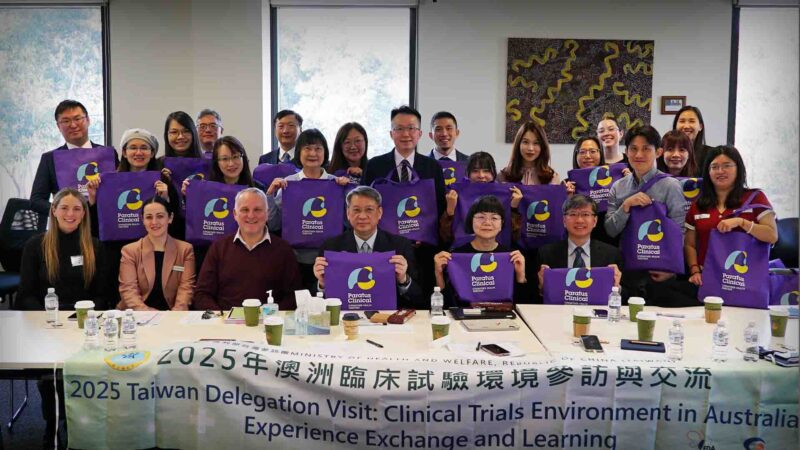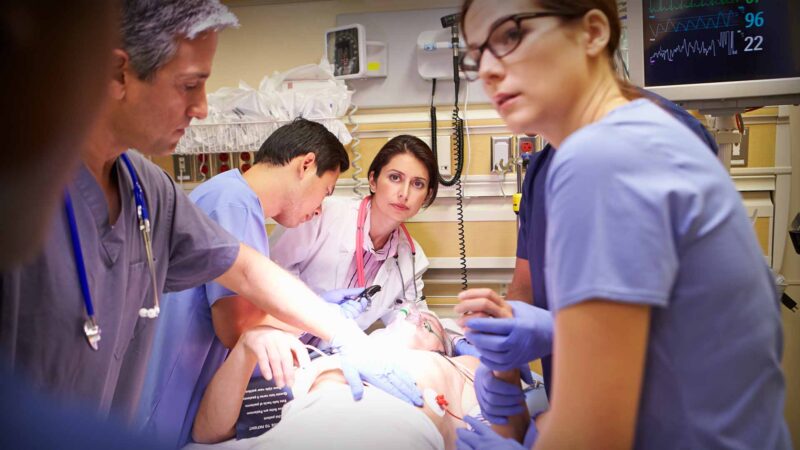In recent years, the orthodontic sector has been growing rapidly due to success in B2C marketing and companies like Invisalign reaching the consumer, but there has also been a lack of knowledge sharing among general dental practitioners and specialists.
General dentists require mentorship and guidance from orthodontists to feel confident in providing orthodontic treatment to their patients, ultimately improving the quality of care in the community.
Dr Geoffrey Hall’s passion for orthodontics has led him to become an international lecturer and form the OrthoED Institute to educate others. Dr. Geoffrey Hall emphasises the importance of continuous learning in the field of orthodontics, highlighting his own journey of pursuing orthodontic training at the University of Pennsylvania and ongoing commitment to staying updated in the field.
Dr Halls says, “Specialists should mentor their colleagues in Orthodontics, including general dentists, to help them gain confidence and provide better orthodontic care to their patients, especially in areas where specialists are not readily available.”
Dr Hall sees general dentists being able to perform up to 70% of orthodontic treatments, highlighting the need for them to have the knowledge and skills to meet patient demand. This is a significant opportunity when considering the majority of the consumer public trust their dental professional.
In this interview with Australian Health Journal, Dr Hall talks about his passion for teaching having started various study clubs to improve knowledge in orthodontics and general dentistry.
Dr Hall talks about imparting knowledge and educating peers. He sees the value of continuous learning and sharing information within the orthodontic community.
Based on this philosophy and having commenced 5 years ago, the OrthoED Institute offers both face-to-face and live-streamed orthodontic training programs, providing mentoring, support, and hands-on experience to participants regardless of their location or circumstances.
The OrthoED Institute aims to teach general dentists sound orthodontic principles to give them the knowledge and confidence to treat patients with conventional orthodontics, including fixed appliances, early treatment, and aligner therapy.
To illustrate the success in the sector, the OrthoED Institute received the Australian Dental Industry Award, or ADIA, for the best emerging manufacturer or service provider in the dental industry. The recognition continues to motivate Dr Hall to improve the Institute’s courses and services for dentists in Australia and New Zealand.
You Might also like
-
Gold Coast paediatric emergency nurse leads world’s largest study in securement
Brooke Charters is a dynamic Paediatric Emergency Nurse who works at the Gold Coast University Hospital in Queensland. Brooke’s research became the world’s largest study of its kind and in May 2024 the results of the study were published in JAMA Pediatrics. Her mission is to drive change and enhance the hospital experience for children globally.
-
Taiwanese health and research delegation visit Paratus clinical trial site in Canberra
In late August 2025, a Taiwanese delegation comprising government officials from the Taiwanese FDA, various governmental groups, and physicians and researchers from across Taiwan, visited Paratus Clinical’s trial site in Canberra. Their objective was to explore both the differences and similarities between the clinical research ecosystems of Taiwan and Australia.
-
Landmark research projects tackle critical issues in emergency healthcare
For two decades, the demand for emergency department services in Australia has outpaced population growth and wait times have increased. In 2022-2023 more than 8.8 million emergency department presentations occurred nationwide.
While demand is a contributing factor, EDs are currently being impacted by various factors across the entire health system.
The Emergency Medicine Foundation (EMF) is a non-profit organisation funding innovative Australian research that improves the way people are cared for in a medical emergency. The aim of the research is to deliver better and more effective health services to save lives and money.



